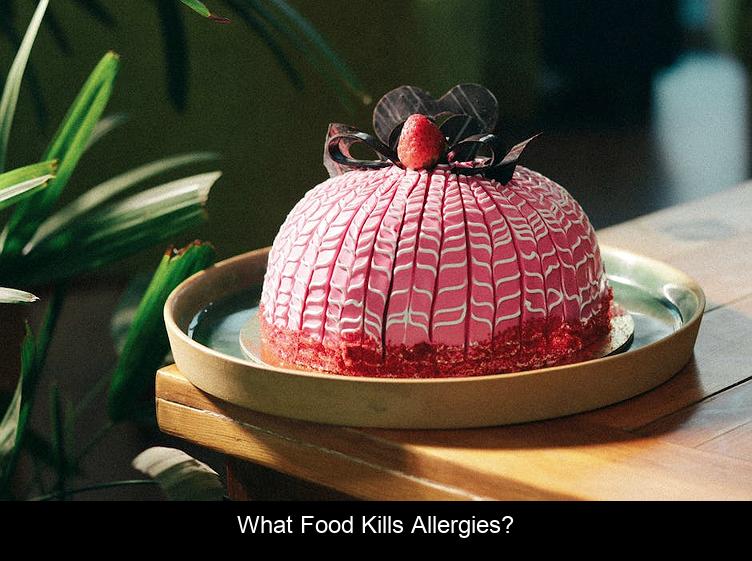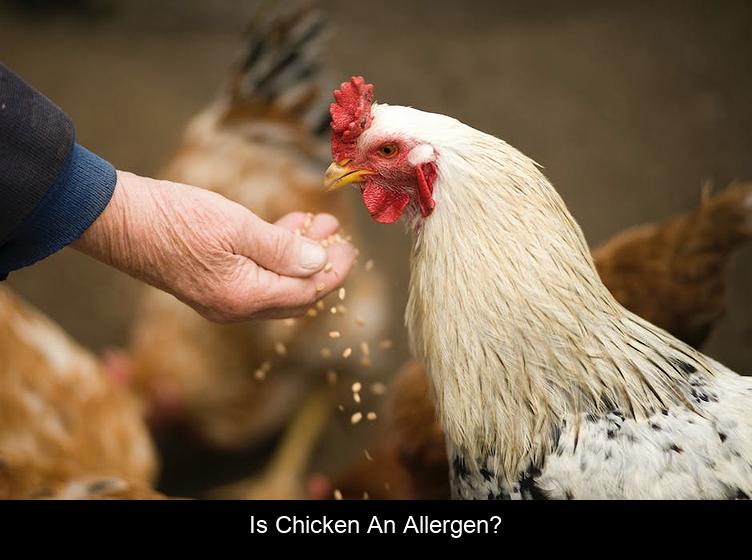Do you think that cooking food you are allergic to has any effect on it? I’m sure some of you are going to say that the food you are cooking doesn’t taste as good as the food you were allergic to. I’m not so sure… unless you’re using 150 words, then you’ve had a really tough time communicating with yourelist.
Some people think that cooking food you are allergic to has consequences that are not yet known.uthority has thought so as to and is currently working on a study that will answer this question. The study is still in its early stages but is already causing some to warn about the risks of cooking food they are allergic to.
For example, one person on the internet is already warning about the risks of cooking stilton and poppyseed mixture, thinking that it could cause steeper reactions in people with allergies.
The study is already causing some people to warn about the risks of cooking food they are allergic to. First, the study is working on a study that will answer this question. For example, one person on the internet is already warning about the risks of cooking stilton and poppyseed mixture, thinking that it could cause steeper reactions in people with allergies.
Does cooking destroy food allergens?
Cooking, even with high heat and other methods of food processing, does not reliably destroy food allergens. It does not ensure safety for people with food allergies.
What happens if you keep eating food youre allergic to?
Even a tiny amount of the allergy-causing food can trigger signs and symptoms such as digestive problems, hives or swollen airways. In some people, a food allergies can cause severe symptoms or even a life-threatening reaction known as anaphylaxis.
Which cooking method will destroy most food allergens?
Cooking and heating do not destroy allergens in food. Even cooking on the same grill or in a deep fryer may trigger an allergic reaction for the customer if the cooking equipment has not been cleaned and sanitised and has previously been used to prepare food that was not allergen free.
Can allergen cross contamination happen through cooking oil?
Keeping ingredients that contain allergens separate from other ingredients can also happen through using the same cooking oil. To cook gluten-free chips, you can not use the same oil which has been previously used for cooking batters.
Is cooked pasta a high risk food?
Most people are surprised that cooked pasta and rice is a food poison risk. Dried pasta and rice will last a considerable time so follow the best before date on the packaging. Once it is cooked and begins to cool then toxins formed by Bacillus cereus can form heat resistant spores and a heat resistant toxin.
What food kills allergies?
If you handle food allergenic items, make sure to wash your hands with soap and water after cooking every meal. Scrub down tables and counters with soap and water after cooking every meal.

Can food allergies Be Cured?
Food allergies cannot be cured. The best way to avoid an allergic reaction to a food is to avoid it. Depending on the allergy, your healthcare provider may also recommend avoiding foods that may cause a cross reaction.
What are the 4 types of allergic reactions?
The four different types of allergic reactions are immediate, cytotoxic, immune-complex-mediated and delayed hypersensitivity reactions. Allergic reactions occur when the body’s immune system has a reaction to a substance it sees as harmful, called an allergen.
What are the 8 common food allergies?
This law identified eight foods as major food allergens: milk, eggs, fish, shellfish, tree nuts, peanuts, wheat, and soybean.
Is Chicken an allergen?
Chicken is a healthy addition to your diet if you are allergic to it. unless you are allergic to chicken, you can add chicken to your diet.

Can you be allergic to cooked vegetables?
In most people, OAS is a relatively mild allergic response, and people who have it can eat the vegetables or fruits that cause inflammation and itchiness in their throat and mouths. The reason for this? Nov 30, 2011.
Does washing your hands Remove food allergens?
Use appropriate handwashing procedures that emphasize the use of soap and water. Plain water and hand sanitizers are not effective in removing food allergens. One study found that liquid soap, bar soap and commercial wipes were very effective at removing peanut allergens from hands.
What are the 10 most common allergies?
The 10 most common allergies include foods, animals, pollen, mold, dust mites, medications, latex, insect stings, cockroaches, and perfumes/household chemicals.
How do you prevent allergic reactions to cooking?
Living with food allergies or cross-reactions can require care and caution. Keep your home safe with tips forsafe ornon-safe foods in your home. Be aware of your guests’ behavior and how things are inside and outside your home. And be sure to keep food-container Precautions filed.
Which four symptoms can occur during an allergic reaction?
Common symptoms of an allergic reaction include: sneezing and an itchy, runny or blocked nose (allergic rhinitis) itchy, red, watering eyes (conjunctivitis) wheezing, chest tightness, shortness of breath and a cough.
What are 5 high risk foods?
High risk foods include: Cooked meat and poultry, smoked salmon, cheesecake, prepared salads and vegetables, cooked sliced meats, chicken pieces, milk, cream, ice cream.
What are the low risk foods?
Examples of low risk foods include fresh fruits and vegetables, bread, most baked goods, Candied honey, pickles, and honey.
Is cooked rice high risk food?
Rice can be dangerous due to the presence of Bacillus cereus. The bacterium can live in uncooked rice and can grow and multiply multiple times. To reduce your risk, eat rice as soon as it is cooked and refrigerate leftovers immediately.

Hi there! I’m Astrid Ogley, a passionate foodie and avid cook. With a love for all types of cuisine, from classic comfort food to exotic international dishes, I’m always looking to expand my culinary horizons. Through this blog, I share my tips and inspiration for cooking delicious meals and exploring new flavors.
